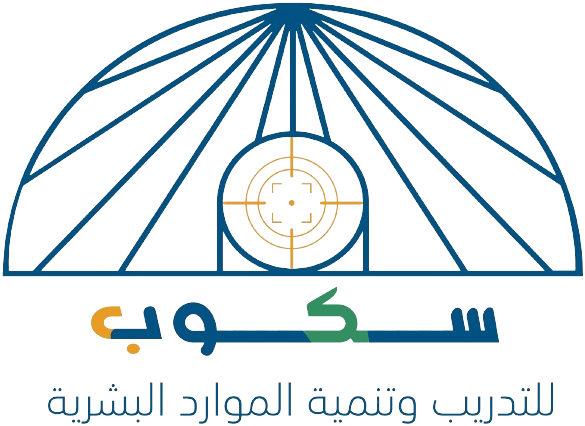
Foundations of Scientific Research - FSR
About this course
The course is designed to provide participants with the knowledge and skills necessary to understand and conduct scientific research according to accredited academic principles.
The program focuses on
developing research skills by introducing participants to the stages of
scientific research, starting from identifying the research problem, to
designing the study, collecting and analyzing data, and finally writing the
research report.
About this course
The Scientific Research Fundamentals program aims to:
1. Introduce participants to the foundations of scientific research: The program introduces participants to the essential principles and rules of scientific research.
2. Enhance research skills: By providing modern techniques and tools for scientific research.
3. Empower researchers to produce high-quality research: Ensuring that participants can conduct valuable scientific research that adheres to academic standards.
4.
Foster
critical and analytical thinking skills: Developing the ability to analyze data
and evaluate information in a systematic and scientific manner.
About this course
1. Introduction to Scientific Research:
○ Definition and objectives of scientific research.
○ Characteristics of good scientific research.
○ Research ethics.
2. Stages of Scientific Research:
○ Identifying the research problem.
○ Literature review.
○ Formulating research hypotheses.
3. Research Design:
○ Types of research methodologies (descriptive, experimental, analytical).
○ Study design and sample selection.
4. Data Collection:
○ Data collection tools (surveys, interviews, observations).
○ Types of data (quantitative and qualitative).
5. Data Analysis:
○ Statistical methods for quantitative data analysis.
○ Qualitative data analysis.
6. Writing the Research Paper:
○ Organizing the research and its essential components.
○ Citation and referencing methods.
Reviewing
and editing the research paper.
About this course
By the end of the Scientific Research Fundamentals program, you will be able to:
● Understand theoretical concepts in a specific field (e.g., physics laws or marketing principles).
● Recall key information related to your area of study.
● Apply scientific laws to solve mathematical or physical problems.
● Implement marketing strategies in real-world projects or case studies.
● Analyze a situation or problem to offer well-considered solutions.
● Critically evaluate ideas and theories.
● Develop practical solutions to technical or scientific challenges.
● Use critical thinking to resolve social conflicts or problems.
● Write research papers or essays clearly and systematically.
● Deliver effective oral presentations using professional presentation techniques.
● Actively participate in group discussions or collaborative projects.
● Demonstrate the ability to collaborate and interact positively with classmates.
● Innovate solutions to existing problems.
● Present creative ideas or projects in fields such as art, science, or technology.
● Manage time and effort efficiently to complete tasks and projects without direct supervision.
● Develop self-learning strategies and independence in studying.
● Use software for data analysis and project design.
● Utilize the internet and technology to research and expand knowledge.
● Adhere to ethical standards in academic research.
● Demonstrate responsibility in working with others and respect their rights and opinions.
● Foster a desire for lifelong learning and the pursuit of knowledge beyond formal education.
Keep
pace with developments in your field of study or profession.






